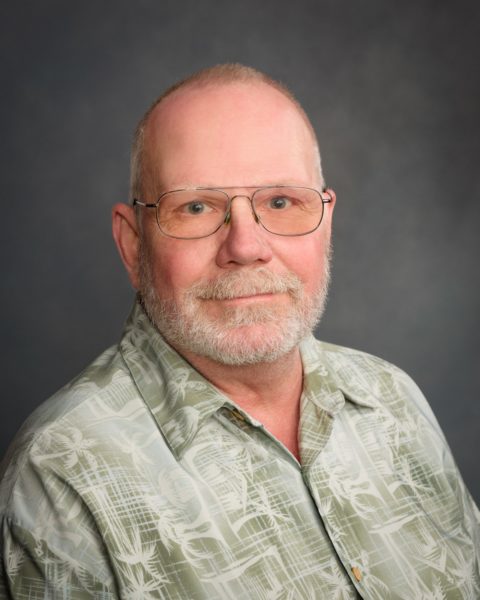
Zachary Smith
Smith grew up in Mount Vernon, Washington, where he graduated high school in 1979. He attended Skagit Valley College for his associate’s degree and then obtained two bachelor’s degrees from Central Washington University, in American Literature and History in 1985. He wanted to work as a historian for the National Parks Service, however, federal cuts led him to reconsider. He tended bar throughout college and continued after he graduated until he embarked on a career in the oil refinery business.
Smith worked this way for 20 years, stopping for a period to work as a foreman, then going back to work equipment as a turnaround worker. He worked for the maintenance division of his last company in the oil refinery business, but even in that role, there were regular layoffs.
Before coming to Mason Health, Smith also worked for a contractor to the federal government called New Frontier Aviation, based in Montana. Smith loaded fire retardant on to single air engine tankers to help fight fires in Texas, New Mexico, Arizona, Utah, Nevada, South Dakota and Idaho. When the planes returned, he would wash them at the end of the day.
Smith traveled 320 to 330 days a year throughout the western United States, working in refineries and fighting fires. He met a woman who lived in Shelton, and by this time, the constant travel was wearing him down.
“It was great the first 8 to 10 years, but then spending almost every night in a hotel was tiring,” he said. “My now wife, Cindy, had retired and moved to Shelton, where her folks had moved to. When I got my last layoff at the refineries, and after my last job with the fires, I came down here.”
Smith initially considered a job in the mills, then he saw an advertisement in the paper for work in the Facilities Department at Mason Health. He has come to love his job at Mason Health. In 2021, he led a process improvement project to increase departments’ participation in fire safety drills. Participation had been low for years, but with the communication improvements he made, participation jumped to 100 percent for three months in a row in 2022.



